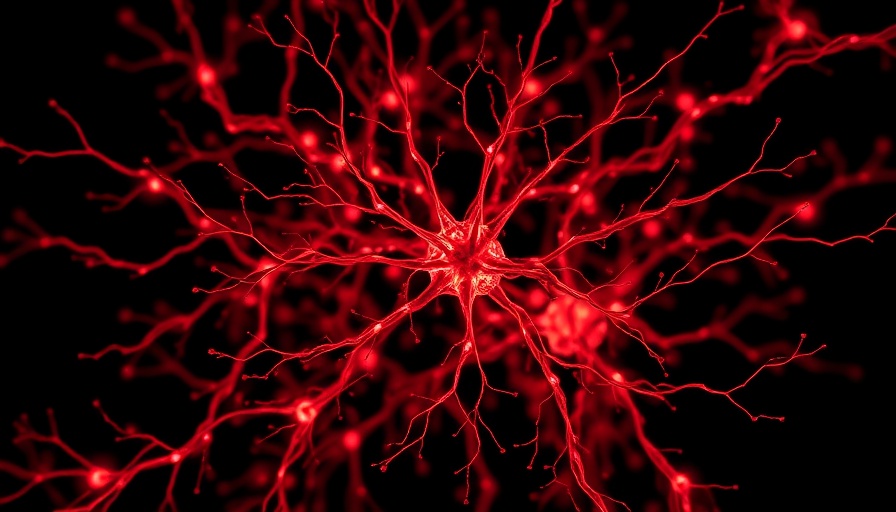
Revisiting Neuronal Plasticity: New Frontiers in Brain Research
Recent research spearheaded by the Braingeneers, a collaborative team from UC Santa Cruz and UC San Francisco, has unearthed groundbreaking insights into the plasticity of neurons. This revelation could reshape how healthcare practitioners view neurodevelopmental conditions and their management.
What Does It Mean for Neuronal Identity?
The longstanding belief in neuroscience was that once neurons develop from stem cells, their types and roles remain fixed. However, the recent findings indicate that environment significantly influences neuronal identity. According to lead researcher Mohammed Mostajo-Radji, “It’s making all of us rethink how neurons are actually made and maintained.” This finding is particularly intriguing as it may influence therapeutic approaches for conditions like autism and schizophrenia.
Importance of Parvalbumin-Positive Neurons
Parvalbumin-positive neurons constitute a critical portion of inhibitory neurons in the brain’s cerebral cortex. Specifically, they play a pivotal role in regulating learning capabilities. The new study produced these neurons in larger quantities than ever before, which represents a significant scientific milestone. Understanding these cells can facilitate deeper treatment strategies for neurodevelopmental disorders affecting many patients today.
Role of 3D Cerebral Organoids
This research utilized advanced 3D cerebral organoid technology, which allows for a more accurate simulation of how human brain tissue functions in vivo. This model wasn’t merely a technical achievement; it was pivotal in enabling the researchers to cultivate parvalbumin-positive neurons effectively. 3D brain models could be revolutionary in drug development and patient-specific therapies.
Potential Implications for Treatment
For concierge health practitioners, these findings offer promising avenues for patient care, particularly in customizing approaches for neurodevelopmental disorders. By understanding how environmental factors influence neuronal behavior, practitioners can develop personalized therapy plans that take patients' unique circumstances into account.
Looking Ahead: Future Research Directions
This research opens the door to numerous possibilities in neurology and psychiatry. Future studies may expand the understanding of how to manipulate neuron types for therapeutic purposes. Practitioners should stay attuned to emerging research as it could bring forth novel strategies for addressing mental health and neurodevelopmental conditions.
How to Keep Abreast of Neuroscience Advances
For healthcare providers keen to integrate the latest developments in neuroscience into their practice, subscribing to relevant journals, attending conferences, and joining professional organizations are prudent steps. Engaging with research can provide critical insights that enhance patient outcomes.
Conclusion: The Power of Knowledge in Patient Care
As findings about neuronal plasticity progress, concierge health practitioners must remain vigilant in translating this knowledge into meaningful patient care. Understanding these advanced concepts can transform how conditions are assessed, treated, and managed, fostering a holistic view of health that incorporates neurological insights.
Stay informed and adapt your practice accordingly to harness these insights for your patients' benefit.
 Add Row
Add Row  Add
Add 






Write A Comment